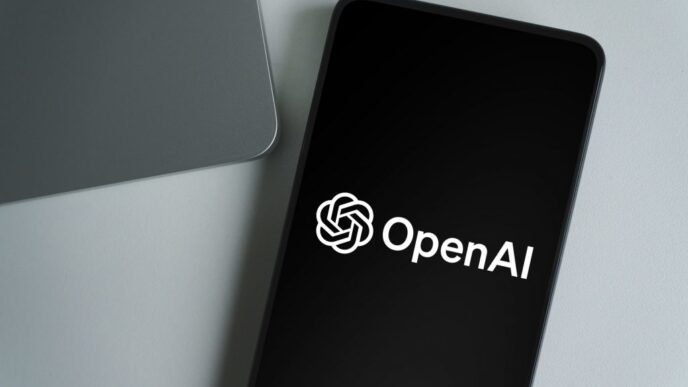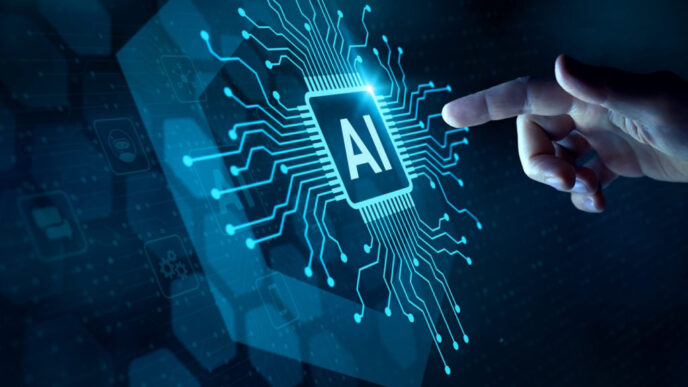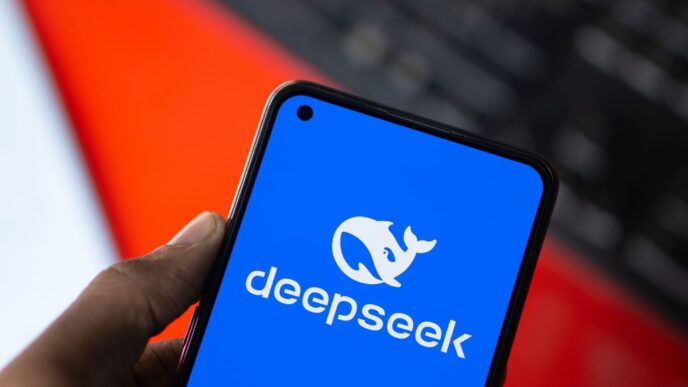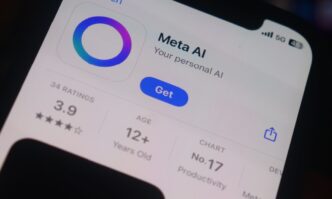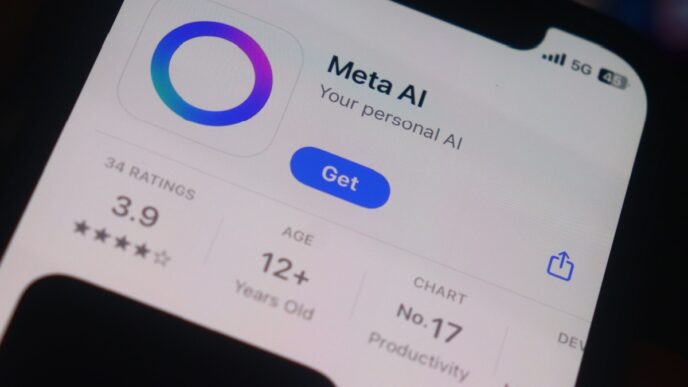IBM laid off 8,000 HR workers in 2023 after rolling out its AI system, AskHR, to handle payroll, vacation requests, and paperwork. The goal: cut jobs and boost productivity. The result? A $3.5 billion productivity jump across 70+ roles.
But the workforce didn’t shrink like expected. Instead, IBM rehired for creative, high-skill jobs in software engineering, sales, and marketing. CEO Arvind Krishna revealed the twist to The Wall Street Journal:
“Our total employment has actually gone up, because what [AI] does is it gives you more investment to put into other areas.”
The AI freed resources from routine tasks into roles that require human creativity and problem-solving. Automation took over repetitive work, but IBM doubled down on jobs AI can’t do.
AskHR processed 11.5 million interactions in 2024, pushing customer satisfaction way up. Its net promoter score climbed from –35 to +74. Still, 6% of requests need a human touch, proving AI isn’t replacing empathy anytime soon.
IBM’s move highlights a shift: AI isn’t just cutting jobs, it’s changing what jobs companies need. The company funneled savings from automation into hiring for brainpower and human interaction, not just cost-cutting.
Arvind Krishna’s message couldn’t be clearer:
“Our total employment has actually gone up, because what [AI] does is it gives you more investment to put into other areas.”
Automation disrupted jobs, sure. But at IBM, it also created new ones. The future of work is a hybrid of tech and human skill.




